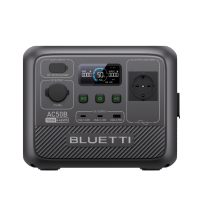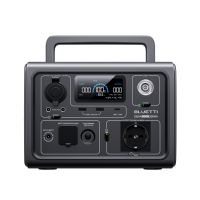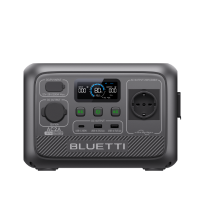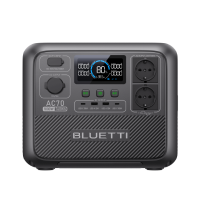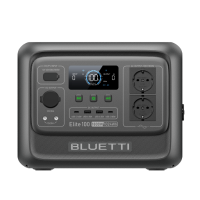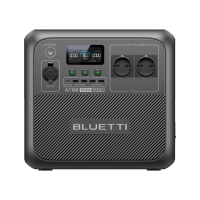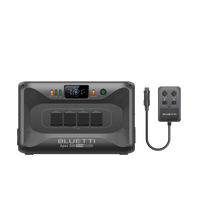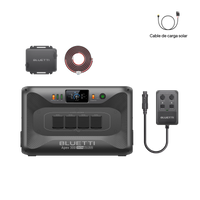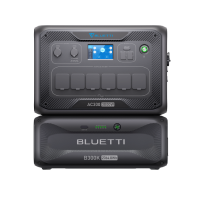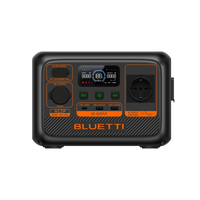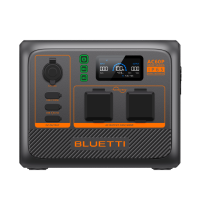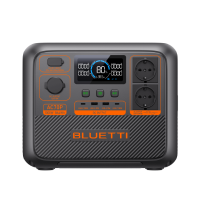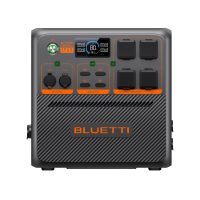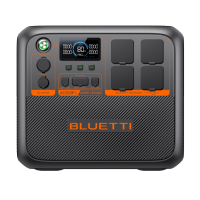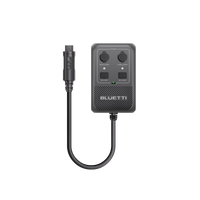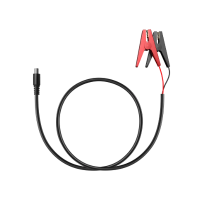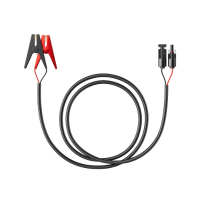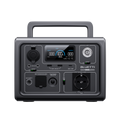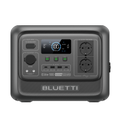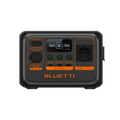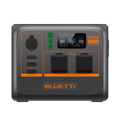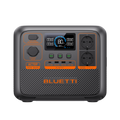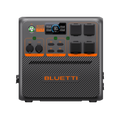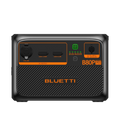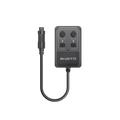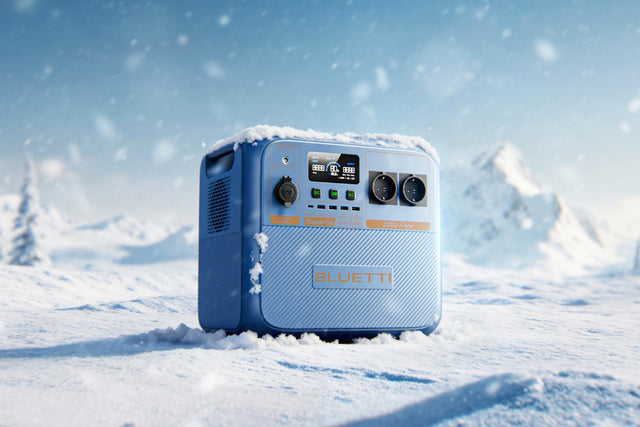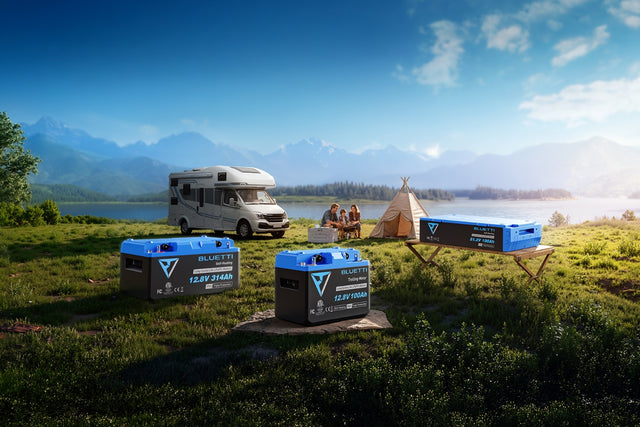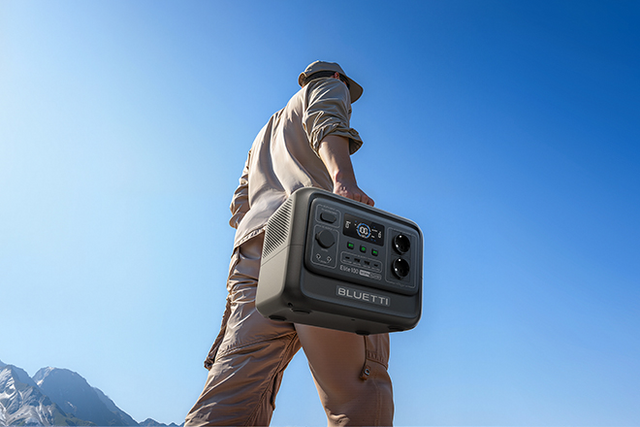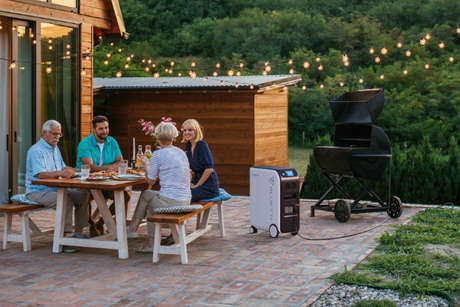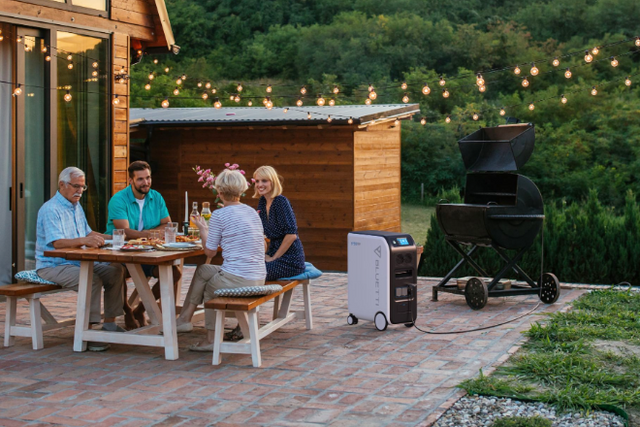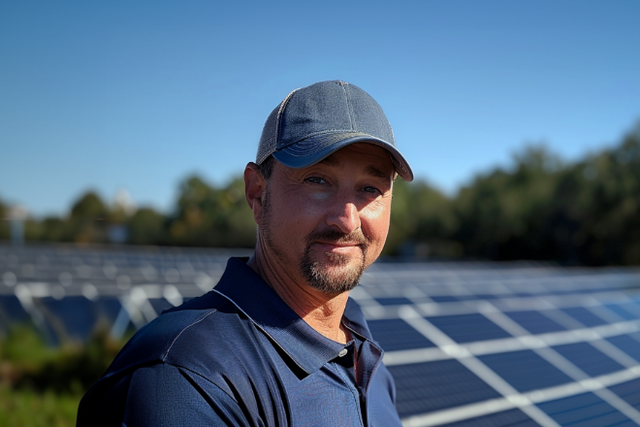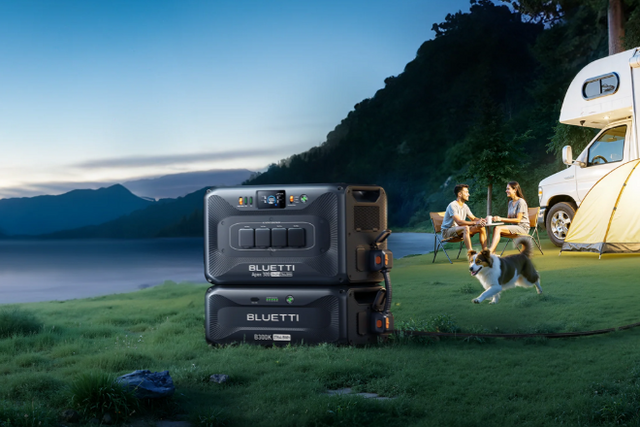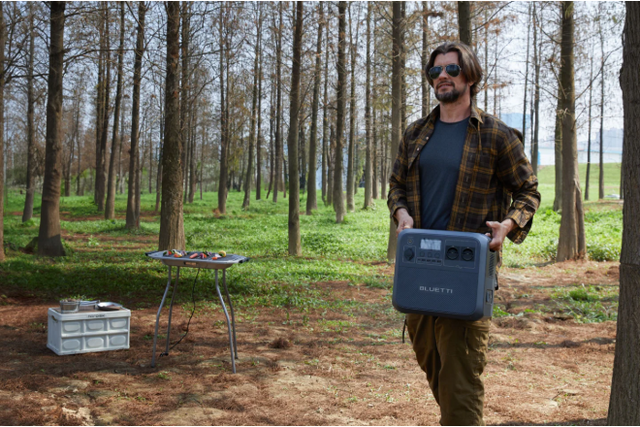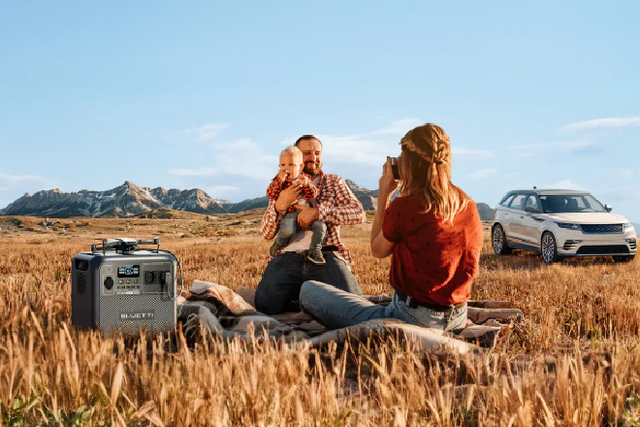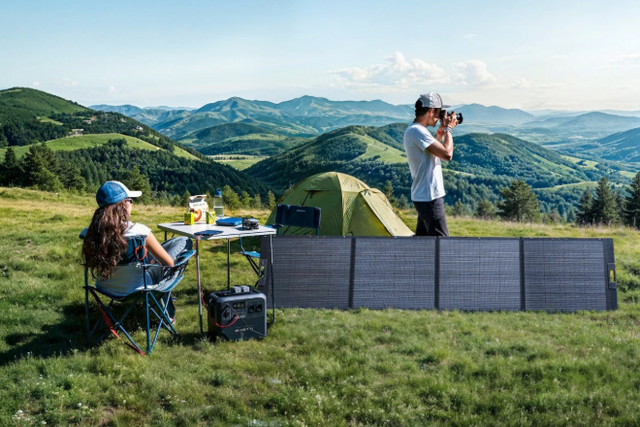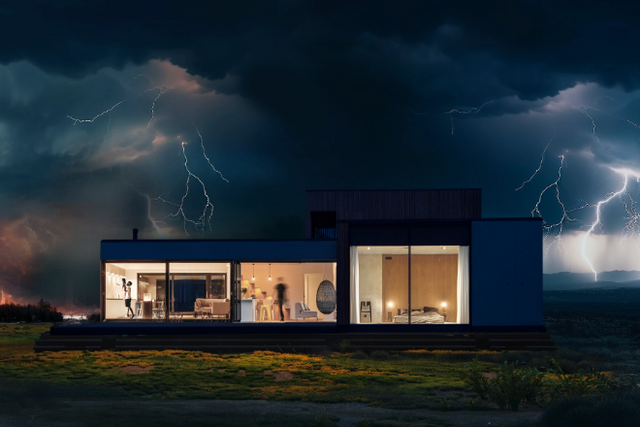The last 8 years have been the hottest ever recorded, according to National Geographic and that's called 'Climate Change'. Because of this phenomenon, every year we witness new natural disasters that hit different areas of the world hard such as the last historical flood that devastated Pakistan or the unprecedented record of 40 degrees in London during the summer.
Apparently, the consequences of global warming do not discriminate between location, race or religion. In other words, by now we are all aware that it could happen to any of us. For this reason, there are many who are interested in practices typical of preparationists, such as, for example, organizing a 72-hour backpack or a rescue backpack that can be useful in an emergency.
So if you have also been affected by natural disasters and crises, which seem to be the leitmotiv of our times, don't worry and stay until the end of this article because you We will help prepare a 72-hour backpack that you will leave ready at home in case one day (hopefully not) you need it.
Why should I anticipate 72 hours in a backpack before a catastrophe?
The national civil protection systems of each country and continent have been learning about natural disasters and civil behavior for years. And it is known, for example, that the first 24 - 72 hours of civilians are crucial for their survival. Therefore, as a preparation tool, it is advisable to think of a backpack that can supply the basics for 3 days. But why are they crucial?
Until you have been involved in a natural disaster that forces you to evacuate your home and move, either in an organized way or by force, it is difficult to understand the stress and anxiety levels that can reach disturb people. In such delicate moments, it is necessary to make correct and thoughtful decisions, but the disaster situation becomes impossible. So, the first reason why the first 72 hours are crucial is because families are in such a state of shock that they can easily, for example, get lost and not find shelter. , become paralyzed and unable to escape, do not have the physical or mental capacity to seek help, etc. In short, the emotional and psychological state of people is vulnerable and can play a trick on them.

The other reason why a margin of 72 hours is established is because, depending on the disaster or crisis that occurs, it will take the authorities two or three days to restore order and normality of a city. Most contingency plans have a margin of action of no more than two or three days, so it is likely that in an emergency situation there will be no help and it is important that everyone try to survive on your own.
Where did survivalism come from?
The concern and uncertainty about a future social, economic or natural collapse have always been present in societies. But we can place the first signs of prep or survivalist movements in the 1930s or so. Right after the Great Depression, it became clear that from one day to the next, anyone could see their reality totally broken. For this reason, the idea of always being prepared has had loyal followers who try to ensure that no stock market crash, nuclear war, tsunami or hurricane leaves them without resources to survive.
Under this idea of survivalism, groups of people who have been preparing for the worst for years continue to be maintained to this day. And now, in our current political, economic and social scenario, this thought has taken on meaning and relevance in many households that already call themselves prep.
And it is that from the crack of 29 until today, we can add catastrophes, wars, pandemics and economic crises that leave no one indifferent and that, among other things, have been reinforcing this idea of how important is to always be prepared for any kind of catastrophic unforeseen event that we may have.
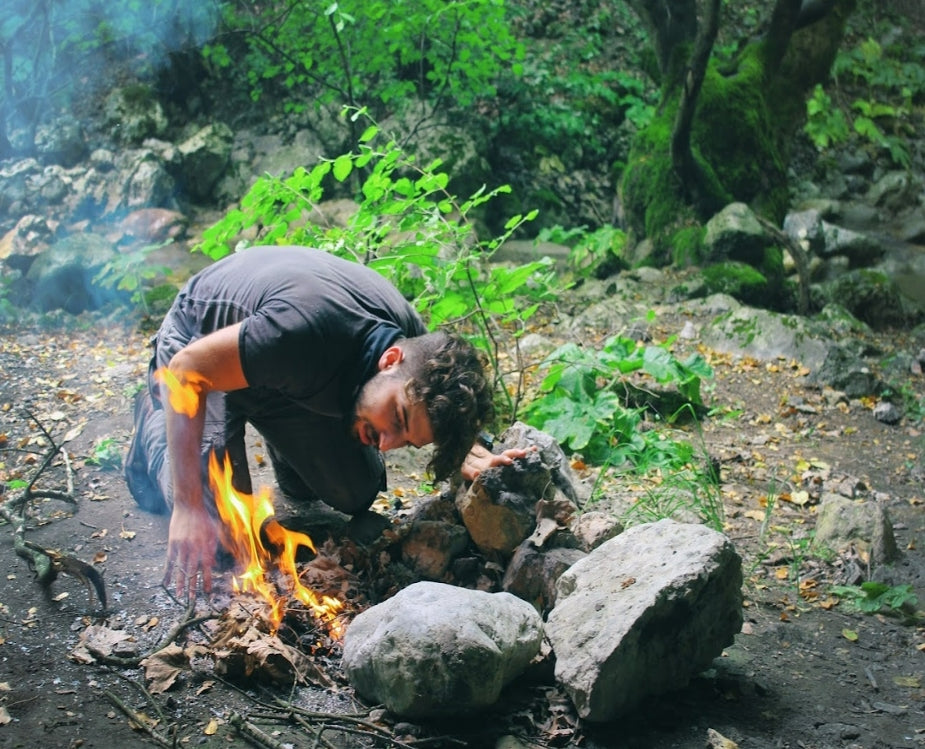
The prep movement
As you can understand, the survival movement has spent many years perfecting and feedback. Whether it is by directly facing a disaster or crisis; or by instant access to information that allows knowing the testimony and experience of other people from all over the world. Today, preparationism is a complete movement with extensive professionalization and, as we said, in recent years, it has aroused the interest of a large part of the population.
But to understand it clearly, it is worth mentioning the general lines in which the survivalists work and prepare:
- Physical safety: One of the first lines of preparation is oriented towards physical health since it is the most common ailment after a disaster. Therefore, the backpack of a preparationist will be oriented, especially, to be able to heal wounds that require primary and basic attention.
- Surviving in a wild environment: Another of the very important lines of preparation in survivalism is ease in a completely wild and natural environment. It is very common for groups of preppers to dedicate their free days to survival courses in the mountains, hunting, orienteering, etc. At this point, the rule of 3 is taken into account: 3 minutes without air, 3 hours without shelter, 3 days without water and 3 weeks without food at most.
- Self defense : Next, another important line in the preparationists is self defense that is supplemented with basic knowledge of organization, attack strategies, self-defense martial arts, etc. .
- Economic crisis: The economy in our century is a decisive factor for survival and, in this case, the preparers make decisions such as having savings in gold or silver bullion, as well as betting on minerals or precious metals.
- Biochemical attack: Finally, a relevant scenario in the survivalist movement is that of a biochemical attack with which they respond with vents, protective overalls, gloves
But the most important of all these lines of preparation is, without a doubt, preparing THE PLACE, a safe space in which to take refuge and stay as long as possible necessary. Normally this place is remote, in a clandestine space and fully equipped with all the resources that may be useful for the survival of one or more human beings.
List of essentials for a backpack 72 hours
Now yes, we come to the most important point and it is the preparation of a backpack that allows us to survive 72 hours. In this case, we would like to make an extensive list with accessories that are more basic than others but always useful in a crisis. This backpack will obviously have to be personalized by each person according to the vital needs of each one, such as prescribed medications.
Before starting to create your backpack we will tell you that this one, is designed for survivalism in an urban or semi-urban environment. In case you want to prepare yourself to be in a totally wild environment with a backpack for 72 hours, the accessories should be strictly focused on the wildest survival.
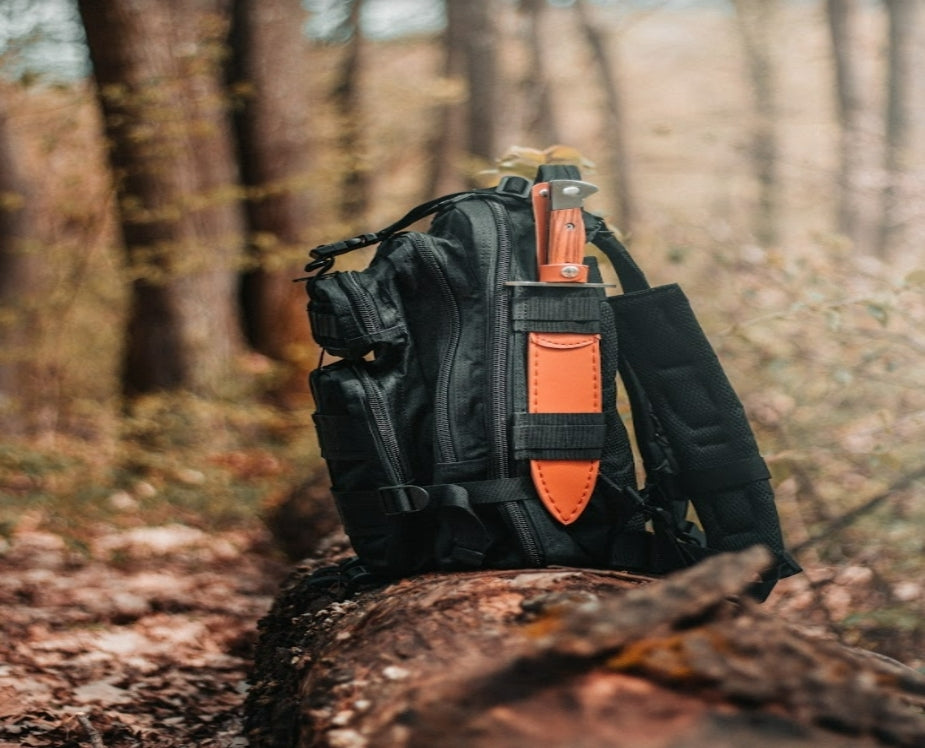
- Food: When preparing the food section you will have to take into account that you must bet on foods that do not require preparation and are highly caloric. For example, you can opt for energy bars, canned food and freeze-dried food.
- Drinking water: Staying hydrated is one of the essentials in times of emergency. Prepare bottled water, purifying tablets and/or water filters.
- Important documents: Remember to prepare important documents such as your ID, credit cards, cash, health cards, property documents, marriage, family book, etc.
- Tools: Get some basic tools such as utility knives, scissors, batteries, flashlight, lighter, matches and/or flint.
- Clothes: Include at least one or two changes of clothes in case you get wet so you can always stay dry. Depending on the time of year, it includes thermal clothing.
- Personal hygiene: Get the most basic things that are a toothbrush, dental floss, toothpaste, soap and compresses.
- First aid kit and medicines: In addition to the medicines you use, you should include band-aids, general medicines, cotton, antiseptic, thermometer, alcohol, Mylar blanket, etc. in the first aid kit.
- Solar battery: get items that are charged by solar energy, such as solar batteries to which you can connect your peripherals or plates and BLUETTI portable batteries.
- Essential accessories: Watch, compass, whistle, knife, maps, tent, rope, hat and sunglasses.
Final tips for a prepper
Finally, after reading forums and soaking up all the information on how and why to prepare a backpack for 72 hours, we want to reflect here the main and most important tips that we have found. And, as you have already noticed, survivalism is a current that has been perfecting itself for many years and can offer an infinite variety of alternatives that it would be impossible for us to summarize in a single article. However, we believe these three pieces of advice are extremely important for anyone who wants to prepare their backpack for 72 hours:
- Check and update your backpack every 6 months, especially batteries, bottled water, food and pills and medicines.
- Make sure that each family member has their own backpack for 72 hours. And in the case of babies or children who are too young, you will have to prepare your backpack with their needs.
- Pay attention to the backpack you choose. This should be about 50 - 70 liters but, above all, resistant and waterproof. Preparers advise that we avoid military-style backpacks because, in extreme emergencies, it could attract danger or we could be mistaken for a law enforcement officer.



